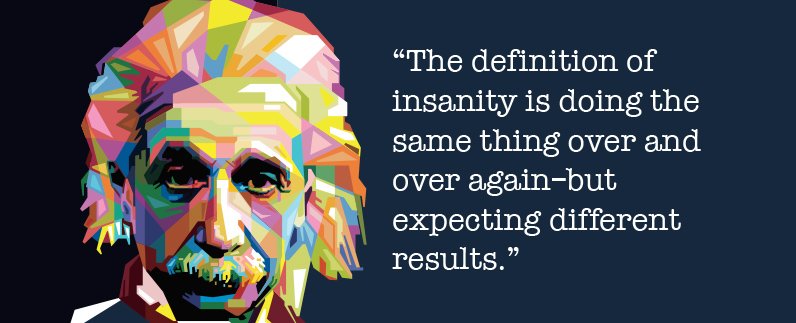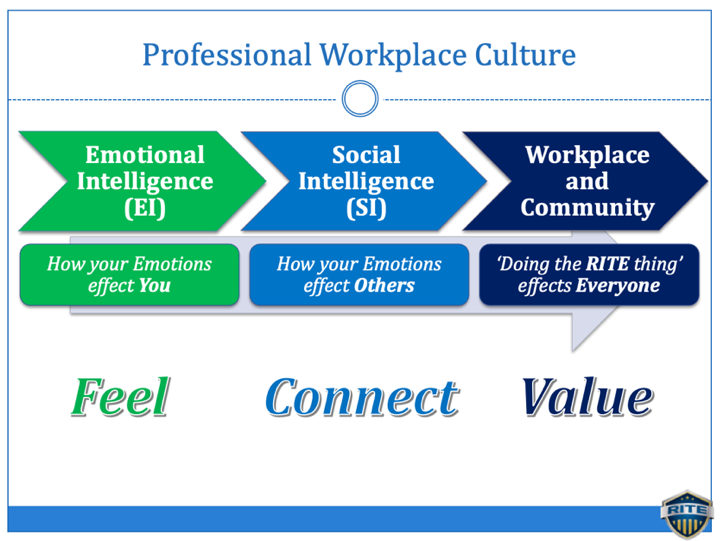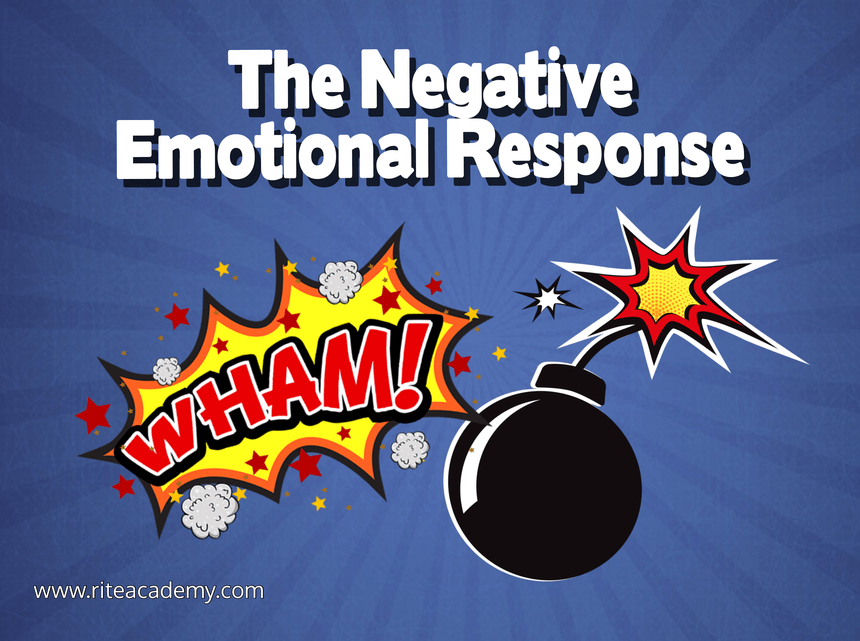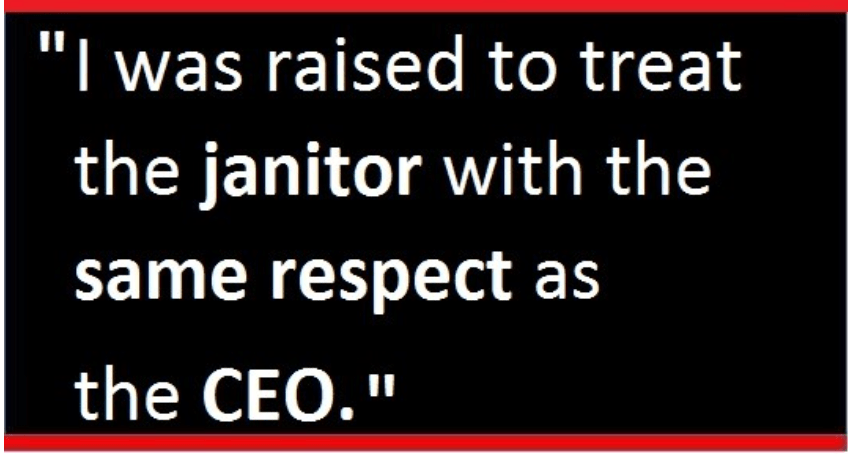Policing cannot be done the same way we did in the 1980’s. In order to build racial equity that includes fairness and justice, we need to change how we do things, from leadership on down. ~ Linda Webb
When you start to look, you begin to see…
It’s time to look at old police methods that were put in place years ago and realize that times have changed. Today’s protocols and procedures need to be put in place that embrace value inside the department, as well as out.
While many proactive public service departments are embracing newer methods that restore and build ‘VALUE’ within the department and the community, there are far too many that think…
“Why do we need to change? We’ve always done it this way, and it works fine!”
Police Leaders are equity stakeholders within their agency
If leaders don’t uphold the beliefs of justice and fairness inside the department, the lower ranks won’t either.
Take the example, “Use of profanity.” If a Sergeant uses profanity with subordinates inside the department, they are saying it’s ok for the officers to use it. But once one of their officers are caught on camera cursing at a suspect, that Sergeant is now liable, and so is the agency. A slick attorney will see to it that anyone could be called in.
One big problem in policing (and all in public service) is an unwillingness to embrace change, address toxic employees, and establish a higher standard for professional workplace culture within the agency.
We cannot build community value, until we are willing to build value within the department inclusive of all their public service personnel.
Racial Equity in Policing means to pay disciplined attention to race and ethnicity while analyzing problems, looking for solutions, and defining success in all of you policing methodology.
Racial Equity Policing means reviewing any past lessons learned, then moving forward for continuous improvement inclusive of ‘ALL Community Stakeholders’ that builds Value for all inside the agency and out.
Inclusive of your police racial equity lens includes incorporating previous successful community policing initiatives while embracing new innovative police strategies like Racial Intelligence.
The 3-P’s of Community Policing:
3 P’s — People, Policies and Processes – means to leverage these ‘3 P’s’ in an effective and meaningful way, ensuring transparency and accountability, and ultimately leading to a successful roadmap for inclusivity for police and community stakeholders.
Racial Intelligence Builds Value:
Racial Intelligence means to treat everyone fairly and build VALUE inclusive of everyone. Building Value inside the police department means setting a higher standard of professional workplace culture
RITE’s Professional Workplace Culture Addresses
- Unprofessional Behavior
- Elements of Entitlement
- Mental Looping and Negative Banter
- Ferreting out Toxic Employees
- Integrity Owners – Canons of Ethics
- Duty to Intervene – The RITE Response
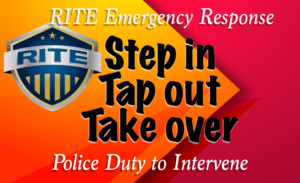
- Harassment and Discrimination
- Rumors and Gossip
- Use of Profanity
- Improper Social Media Posting
- Implicit Bias – Your “Hot Buttons”
- Racial Intolerance
- Block Out Syndrome
- Police Misconduct
“When a police department fails to address unprofessional behavior, they lose value within the ranks of their agency, and distrust in their community.”
A majority of our police personnel embrace racial equity, but it only takes one self-serving toxic employee within the ranks to tear apart VALUE, like what we saw in the George Floyd incident.
Public service agencies must go into the new year with a Racial Equity Plan that embraces inclusivity within the ranks and the community, and builds VALUE for all.
“Reducing excessive use-of-force builds racial equity, by creating a sense of fairness, justice, and impartiality inside the department and out.”
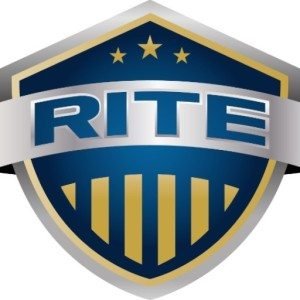 RITE Training helps all public service agencies build racial equity by improving communication inside and out. Learning to increase emotional and social intelligence helps De-escalate situations, builds Career resiliency, and improves Leadership skills. See our EVENTS page for our next training.
RITE Training helps all public service agencies build racial equity by improving communication inside and out. Learning to increase emotional and social intelligence helps De-escalate situations, builds Career resiliency, and improves Leadership skills. See our EVENTS page for our next training.
Contact us about TRAINING for your agency.
